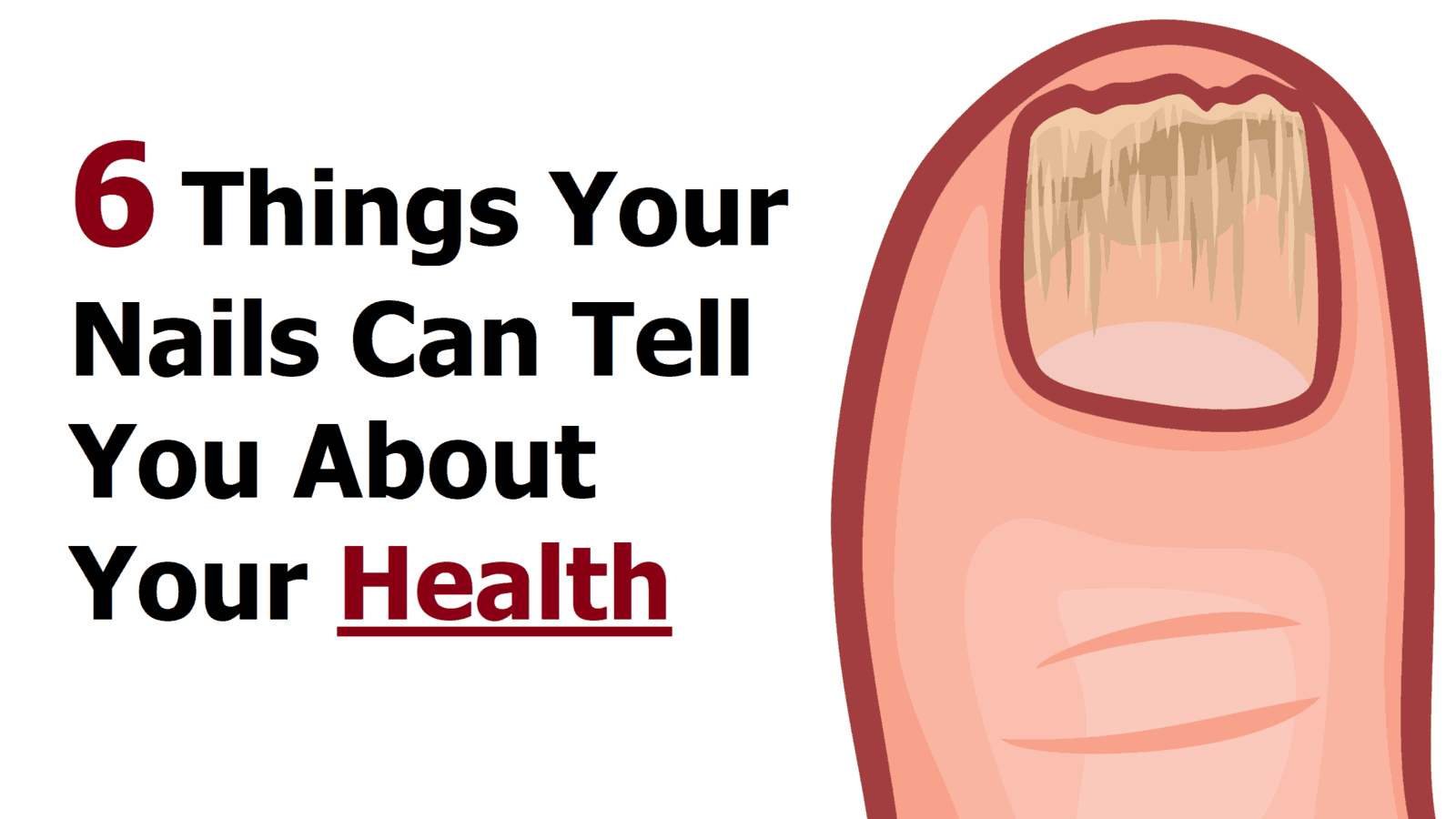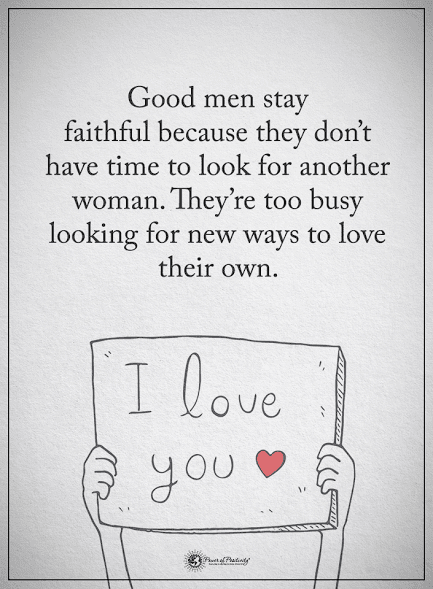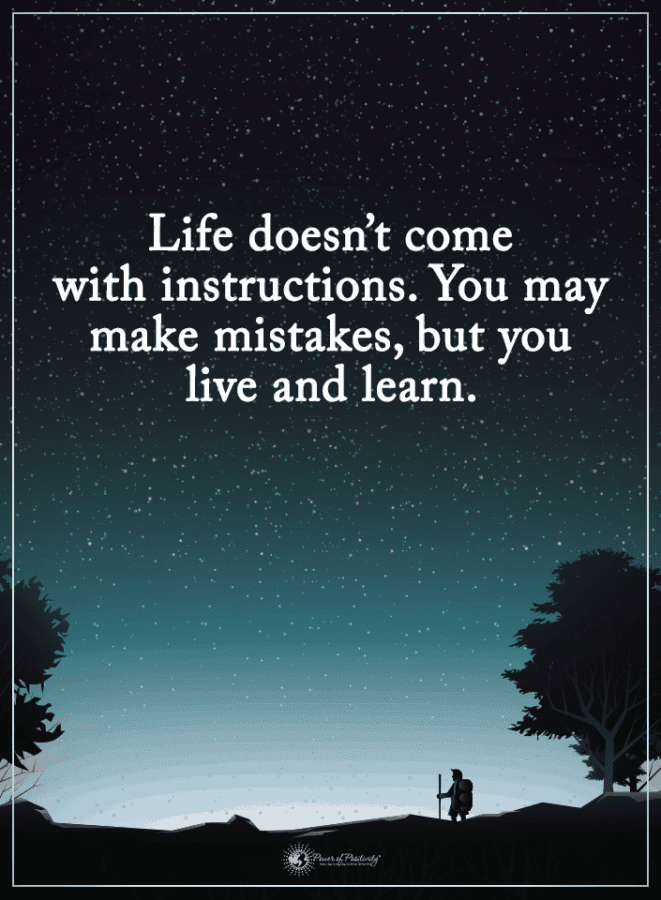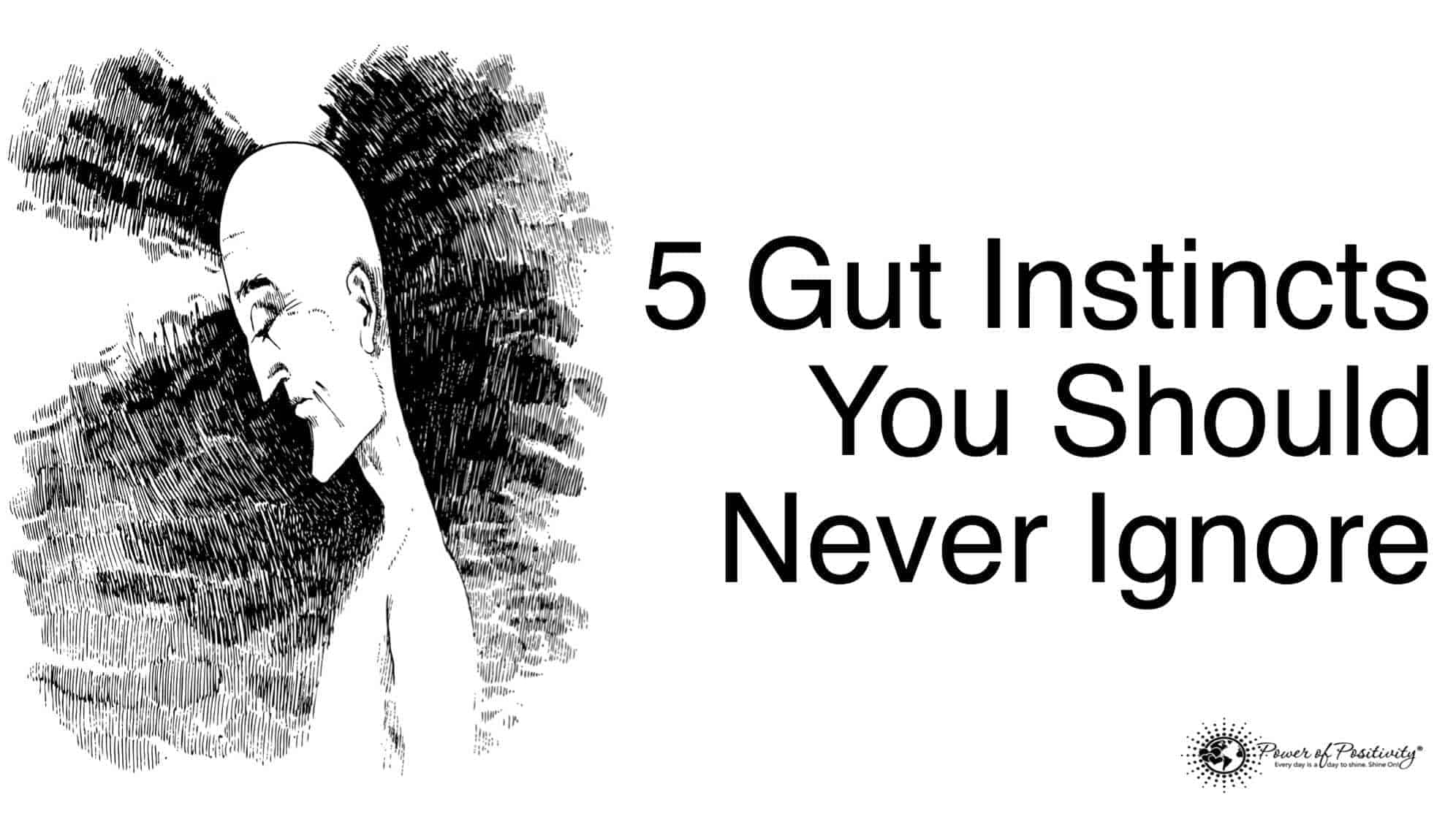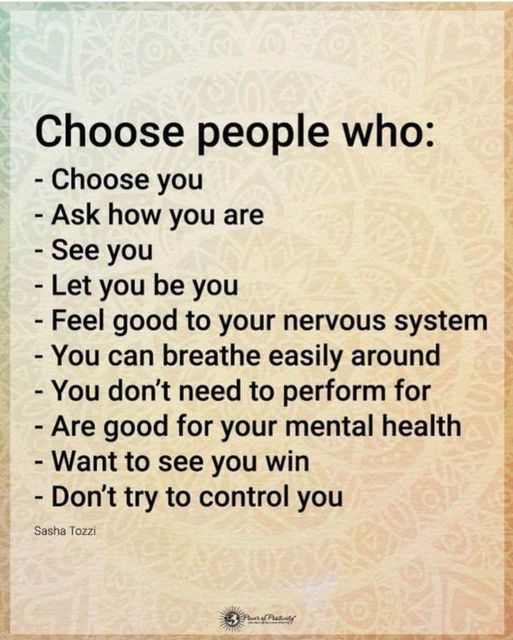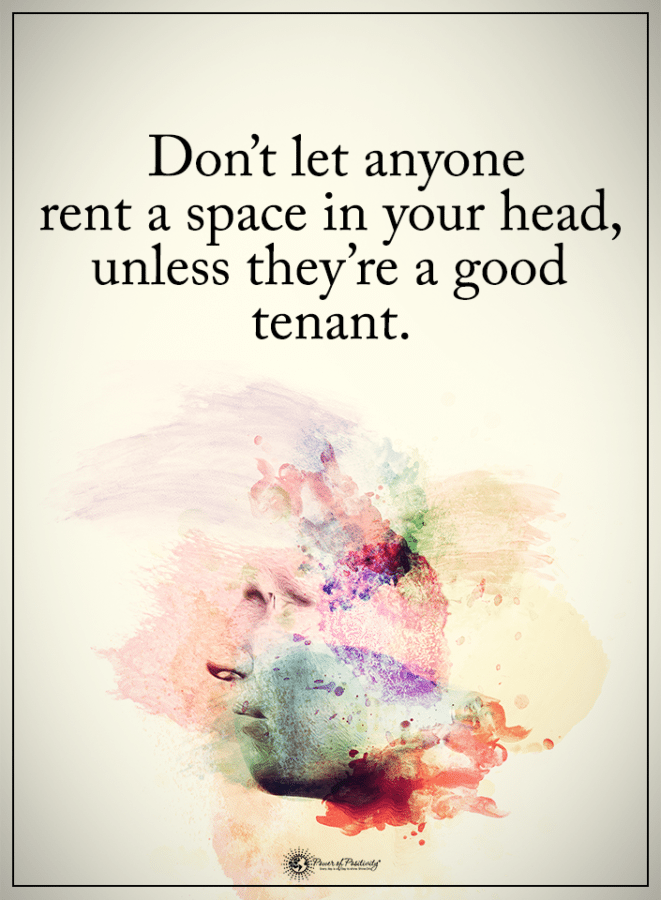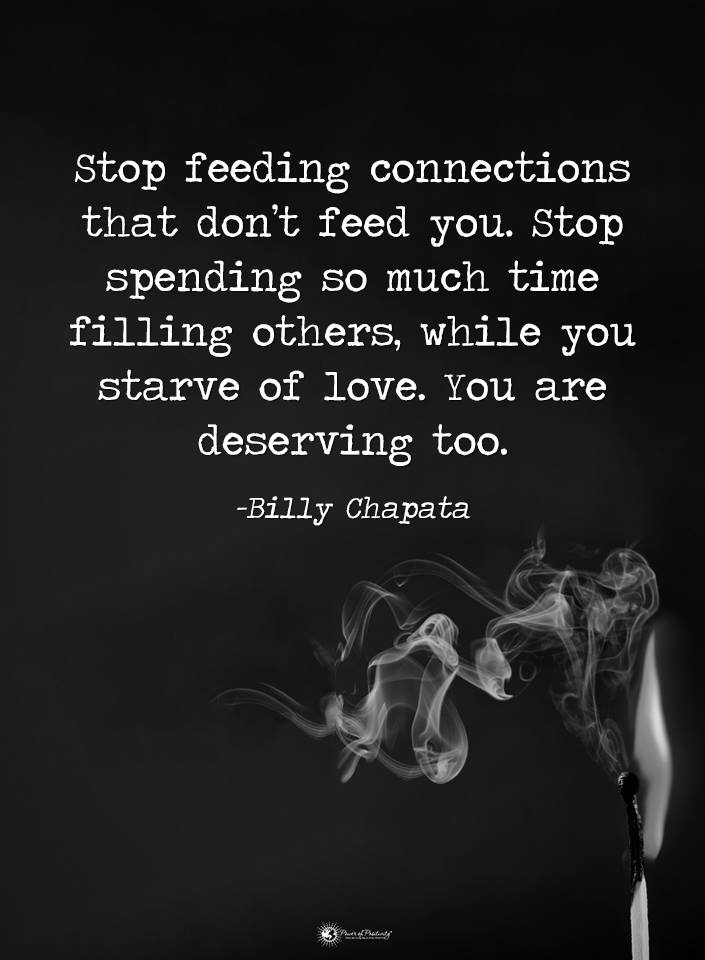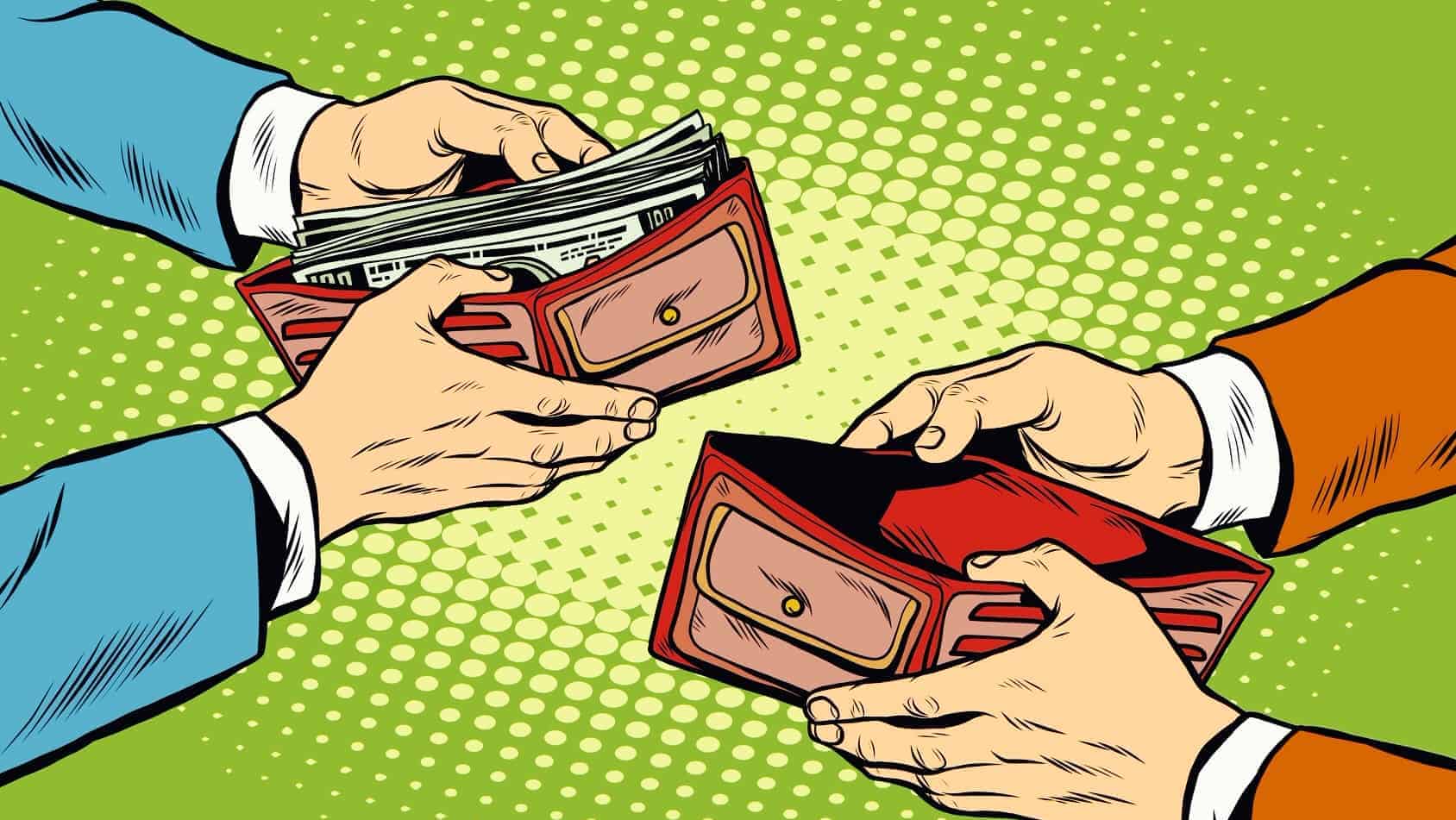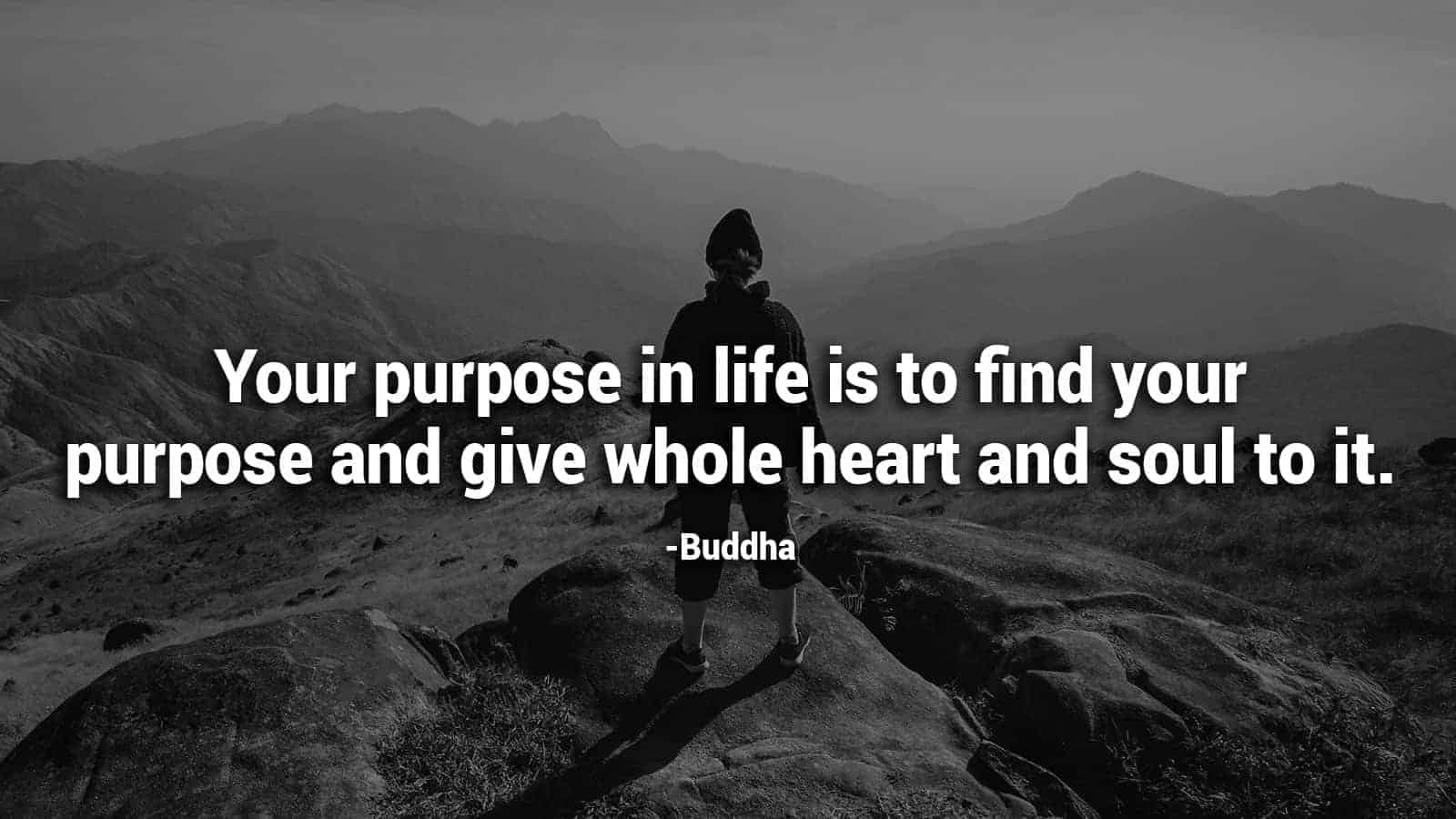Our bodies will always tell us when something is wrong. Whether or not we know how to listen is another matter entirely! Sometimes, we can pinpoint when something is seriously wrong because of changes in our body, but other things are more subtle or easy to brush off. Our feet, for example, are a great indicator of health. They can tell us all kinds of things that could be wrong, but we need to know how to listen to them.
“In fact, one of the first things that a health care practitioner will look at on an elderly patient is the condition of their feet because it can tell them so much. Your feet do far more than carry you from place to place. They give you a quick way of checking your overall health. They can tell you if you need more nutrients and if a serious medical condition is lurking in your body,” says healthy lifestyle expert Danette May.
Here Are Some Warning Signs From Your Feet That You Should Never Ignore
“I believe that the greatest gift you can give your family and the world is a healthy you.” – Joyce Meyer
1. Hairless feet or toes
Most people would kill to have hairless feet because of all the maintenance needed to remove the hair from your feet. But in actuality, having hairless feet can be a sign of blood circulation problems. If you’ve got heart issues or circulation problems, your body will have to prioritize, and getting enough blood to your feet to grow the hair there isn’t as important as your vital organs. That might also make it challenging for doctors to locate a pulse in the feet.
Orthopedic surgeon Lance Silverman, MD, states, “One cause of insufficient blood supply to the feet and toes is peripheral arterial disease, or PAD for short. When plaque builds up in the arteries of your legs, blood flow can be restricted and PAD can set in. If left untreated, PAD could lead to a heart attack or stroke, or even put you at risk for amputation.”
While it may be nice to not have any hair on your feet, you’ll definitely want to keep in mind that it could be a sign of some other issue.
2. Sunken toenails
A lot of people don’t pay enough attention to their toenails. Feet come in all kinds of shapes and sizes. Still, a sunken in toenail, with a spoon-like shape, is a sign of anemia, “hemochromatosis (overproduction of iron), Raynaud’s disease (which affects blood supply to the fingers and toes), and sometimes lupus (an autoimmune disease in which the body’s immune system attacks cells, tissues, and organs),” according to Reader’s Digest.
When your body doesn’t have enough iron, you may feel exhausted, weak, short of breath, and other symptoms. Sunken in toenails is a quick way to see if you may have any of the above-mentioned causes. Remember, anemia can be dangerous all on its own, so listen to your feet and get yourself checked out by your doctor.
3. Coldness
Do you have chronically cold feet? Are you always the first to break out the fluffy socks, even in the summer? Your feet may be trying to tell you something, namely that your thyroid may not be working correctly. It may also be a sign of poor circulation because you blood isn’t getting to your extremities. You may notice that your hands and fingers are much colder than others. It might be worth checking out if you’ve got constantly cold feet.
4. Yellow toenails
Your toenails should look a lot like your fingernails. If there’s any discoloration, it’s probably a sign that something else is going on. The most commonly discolored toenail is yellow, and a fungal infection usually causes that. You can get this from just about anywhere, from your shoes to the local swimming pool. Thankfully, a fungal infection is quick and easy to deal with. You can get over-the-counter methods of dealing with a fungal infection, or use home remedies so you always have something on hand.
Apart from a fungal infection, thickened or yellowed nails might also indicate the presence of an underlying disease. Some diseases can include lymphedema (swelling related to the lymphatic system), lung problems, psoriasis, or rheumatoid arthritis.
5. Numbness
It’s never good when a part of your body goes numb, so hopefully, when you feel your feet going numb for no reason, you’re already on your way to the doctor to check it out. Numbness in the feet can be caused by nerve damage, or neuropathy. People with diabetes are at risk of having this numbness of the feet, so keep an eye out and get checked if this happens.
6. Flaky feet
Flaky skin isn’t a good thing, no matter where it is in your body. But for feet, specifically, flaky skin can be a sign of athlete’s foot, especially if the flakiness is coming from between the toes or it can signify problems with your thyroid.
“If the skin around your heel or on the ball of your foot is dry, cracked, or flaky, it may be a warning sign of a thyroid condition. Your thyroid gland produces hormones that control your metabolic rate, blood pressure, tissue growth, and nervous system functions,” adds Dr. Silverman.
Athlete’s foot is a very common, but also contagious, fungal infection. Thankfully, it’s also one that’s pretty treatable, so make sure you look into over-the-counter methods for getting rid of athlete’s foot.
Final thoughts
Our bodies always try to talk to us and tell us what’s wrong. Our feet are no different, but many people neglect them for one reason or another. But checking your feet for signs of abnormalities can be your warning sign to some different kinds of issues that your body can have. Whether it’s something as easy to get rid of as a fungal infection or something more serious like a heart problem, our feet are a great way to make sure our bodies are working right.

